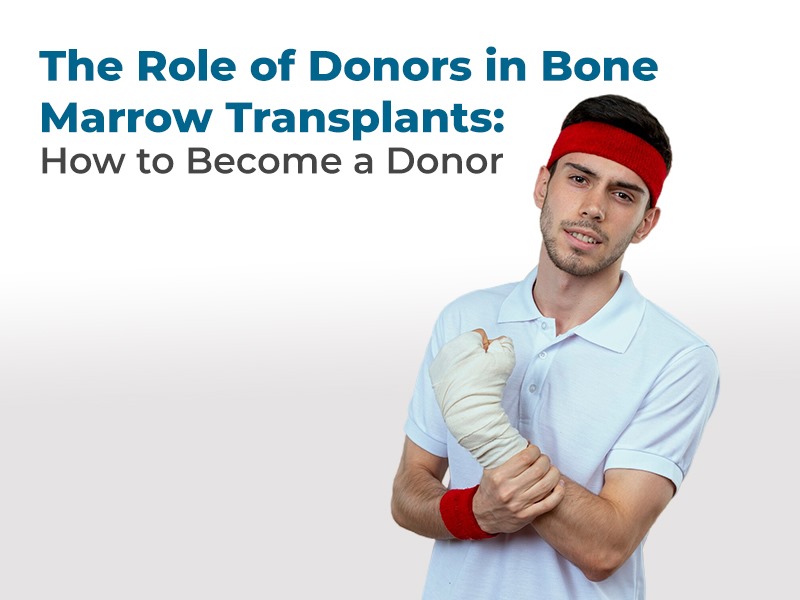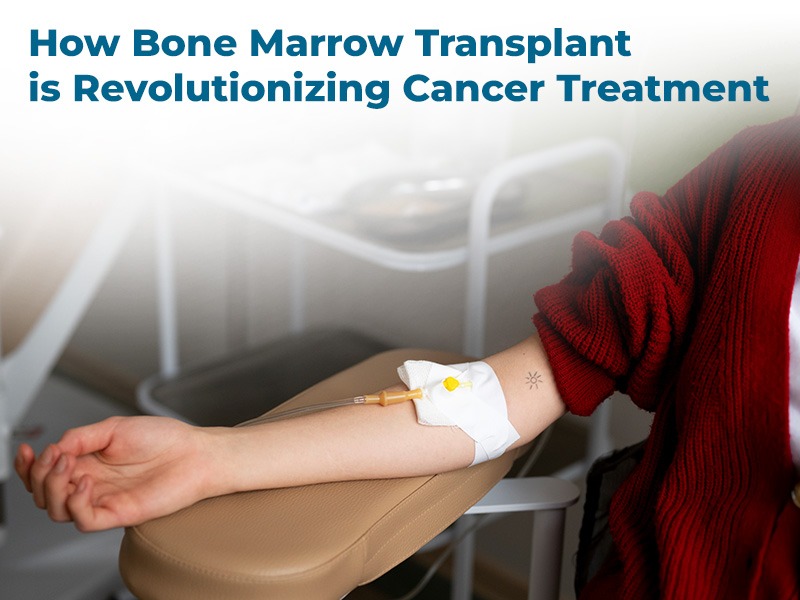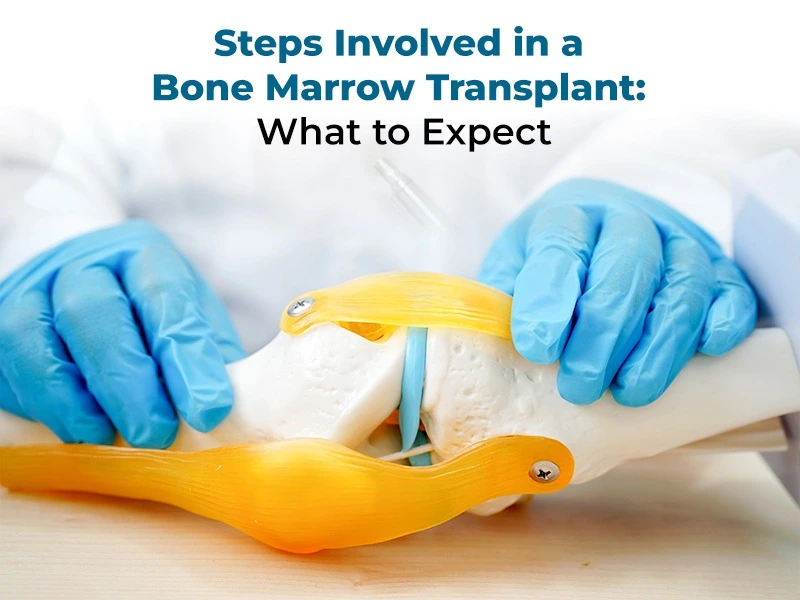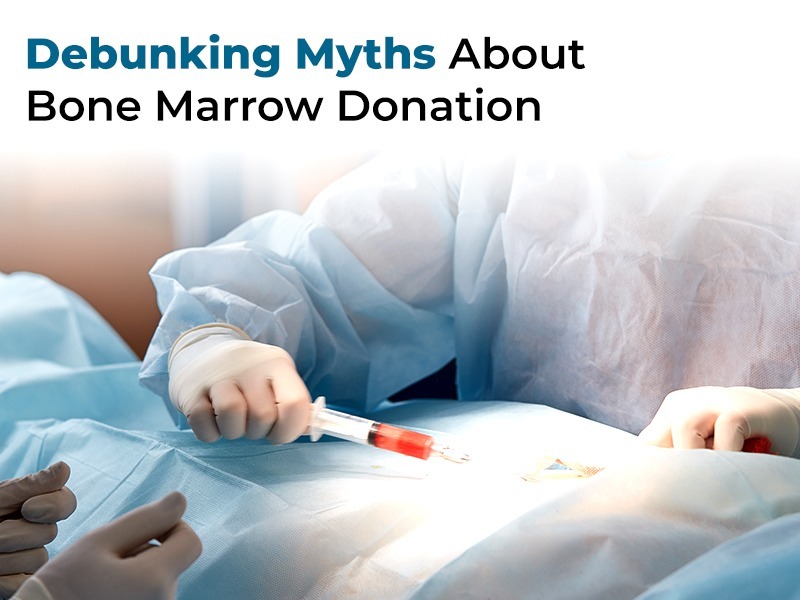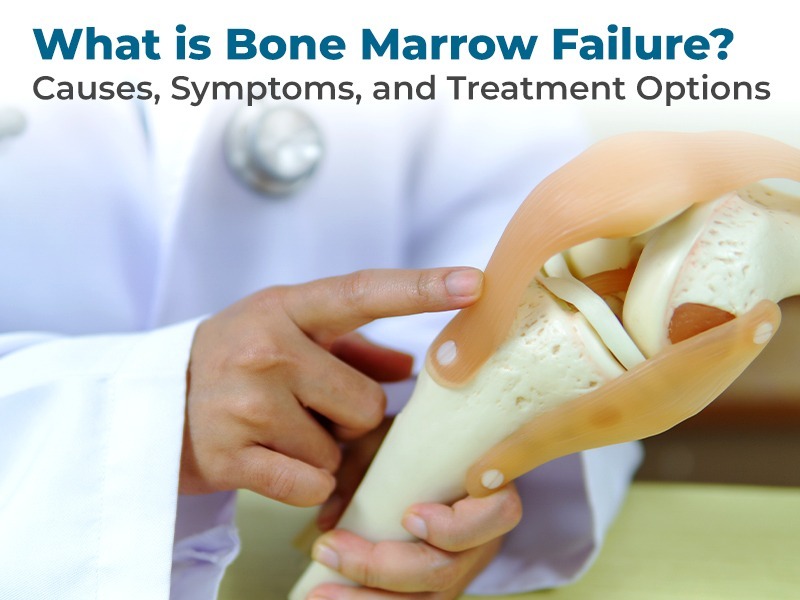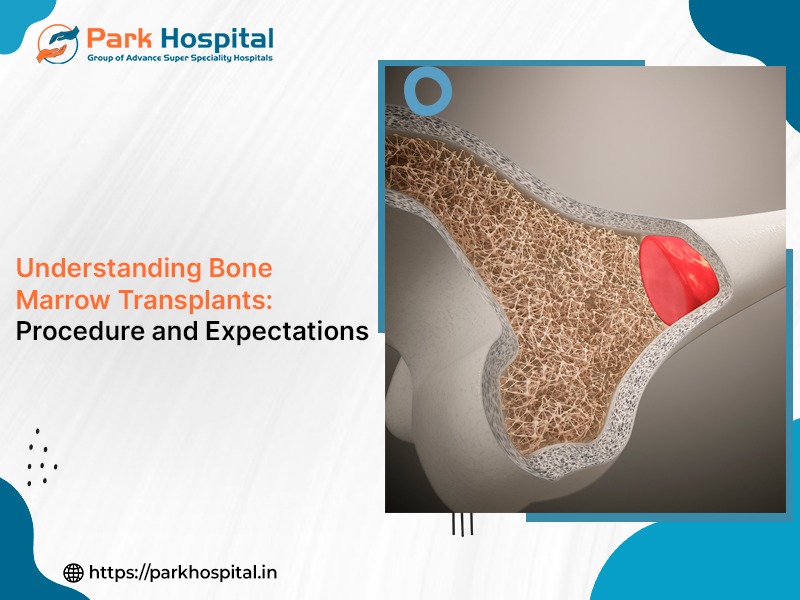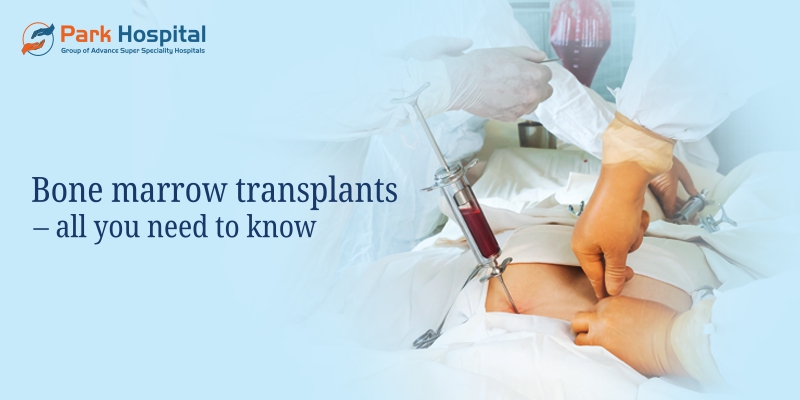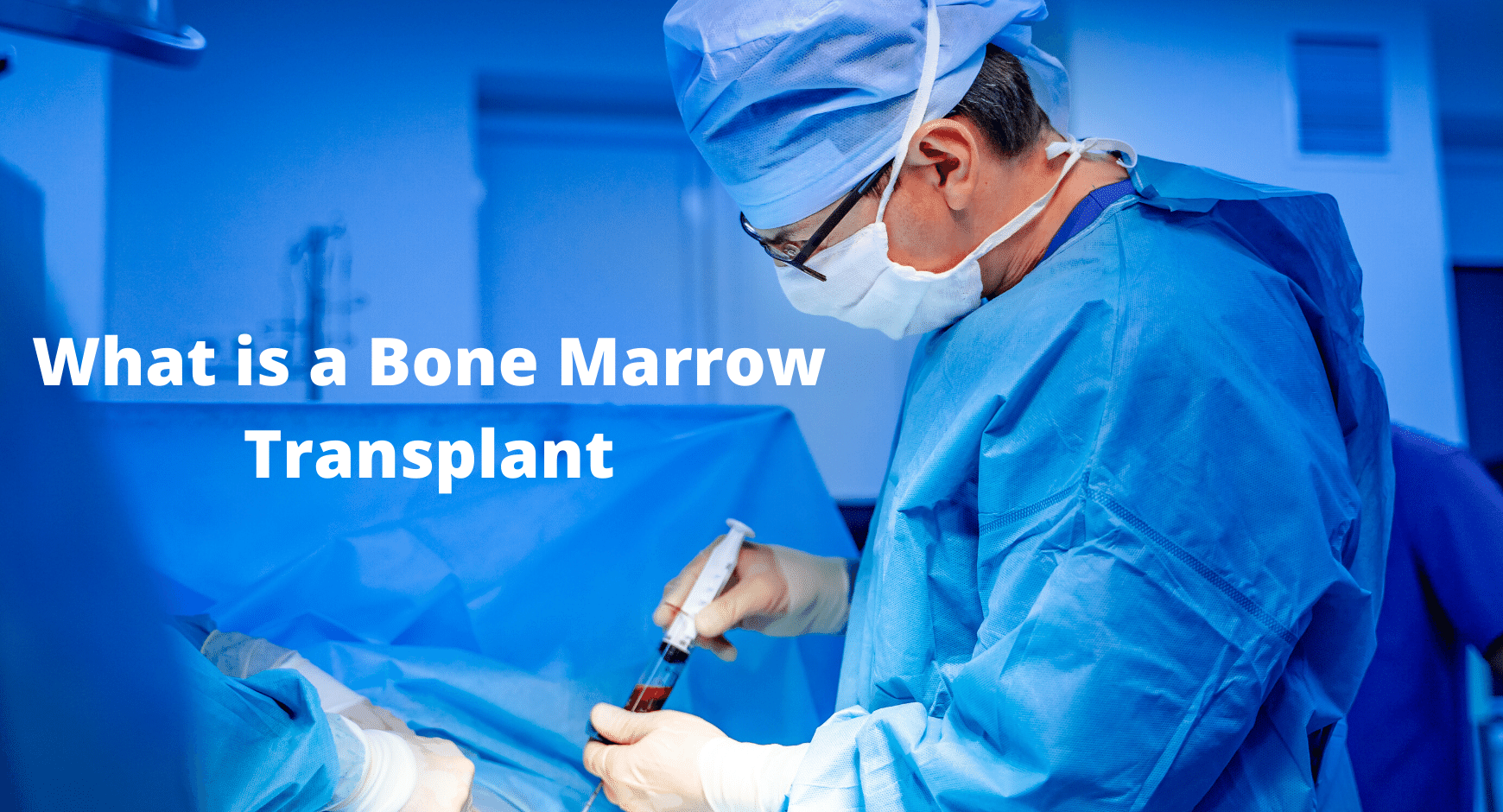Introduction
The human body is a remarkable creation made with different organ systems working in collaboration to ensure the proper functioning of the body. The human body is capable of extraordinary healing and regeneration, and at the core of this ability are the stem cells that act as the building blocks. For people suffering from complex life-threatening conditions such as leukemia, lymphoma, aplastic anemia, and others, the hope for cure or recovery lies only in the procedure of Bone Marrow Transplant.
In the realm of modern medicine, the procedure of bone marrow transplantation stands out as one of the most impactful and life-saving treatment approaches available today. However, at the core of this medical miracle are the donors whose selfless contributions make the transformative procedure of bone marrow transplant possible. Park Hospital, as one of the leading healthcare services providers in the country, provides advanced equipment and expert surgeons for bone marrow transplant procedures.
The Importance of Bone Marrow Donors
Bone marrow transplants prove to be life-saving procedures for patients suffering from certain types of cancers, immune system conditions, or blood disorders. In this procedure, donors play a critical role in offering a lifeline to those in desperate need as they can provide the healthy stem cells needed for the recovery of the patient.
The procedure of bone marrow transplant involves replacing damaged and diseased bone marrow with healthy stem cells. These stem cells can come from the patient (autologous transplant) or from a donor (allogeneic transplant). In most cases, a compatible donor is required. Here are a few of the reasons why donors are necessary:
1. Life-Saving Potential: The procedure can offer a life-saving option for patients suffering from severe conditions like lymphoma, leukemia, and other blood diseases.
2. Diverse Matches Needed: Bone marrow transplantation is only possible with the perfect match. Therefore, it is relatively easy for specialists to find a match in a diverse donor registry, as tissue types are inherited and vary among ethnic groups.
3. Hope for Patients: The donor holds a promising hope for the patients for a future that is free from diseases. It can help to enhance the quality and standards of the patient's life and make a huge difference.
Becoming a Bone Marrow Donor
Becoming a bone marrow donor is one of the most selfless, compassionate, and generous tasks one can do during a lifetime, as it has the potential to transform a patientís life. The procedure performed at the top Bone marrow transplant hospitals facilitates minimal side effects for the donor and offers high success rates. Here is a step-by-step guide on how to become a donor:
1. Understand the Commitment: Bone marrow is an important component of the human body; thus, donating is a serious commitment. Additionally, it is a medical procedure that might require time off work and several side effects. Thus, the donor must strengthen their will and be dedicated to donating emotionally and physically.
2. Eligibility Requirements: There are also specified eligibility criteria for the donors; they need to be between the ages of 18 and 60, in good health, and meet specific other medical criteria. The donors can also check with experts at specialist Bone marrow transplant hospitals or local bone marrow registries for detailed requirements.
3. Join a Registry: The first step you need to follow to become a bone marrow donor is to join a bone marrow donor registry. The registries can be done online or at donor drives, and potential donors can be required to fill out a health questionnaire or provide a cheek swab for tissue typing.
4. Tissue Typing and Matching: Once your tissue typing is added to the registry database, you will be informed of further testing in case you match with a patient.
5. Pre-Donation Process: If, after further compatibility tests, you are a match with a needed patient, you will undergo a physical exam to ensure that your health status is good enough to donate. Then, the experts at the specialist Bone marrow transplant hospitals will discuss and inform you about the donation process and the potential risks.
6. Donation Procedure: With the advanced technologies, there are two primary methods of donation available at top hospitals like Park Hospital, which are as follows:
a. Peripheral Blood Stem Cell (PBSC) Donation: This is the most common method in which the donor is injected with a drug that works to increase the stem cell's production for several days. Then, the stem cells are collected from the blood of the donor through a procedure similar to blood donation.
b. Bone Marrow Harvest: This is a more surgical procedure in which the bone marrow is extracted from the back of the pelvic bone of the donorís body. The procedure is performed with the dedicated efforts of specialists at Bone marrow transplant hospitals under anesthesia, and the recovery process takes a few days to a week.
7. Post-Donation Care: This is a crucial component in ensuring the post-procedure health and wellness of the donor. Thus, the specialist hospitals offer effective follow-up care, proper support, and guidance to monitor progress and help donors return to normal activities as soon as possible.
Park Hospital: Advanced Bone Marrow Transplant Procedure With Minimal Side Effects
Becoming a bone marrow donor is a significant decision that can profoundly impact the quality of life of the patients. The expert bone marrow transplant hospital, Park Hospital, offers advanced procedures with innovative techniques and equipment to enhance the outcomes of the procedure. The aim of the hospital is to add value to peopleís lives and thus offer the best services at affordable prices.

